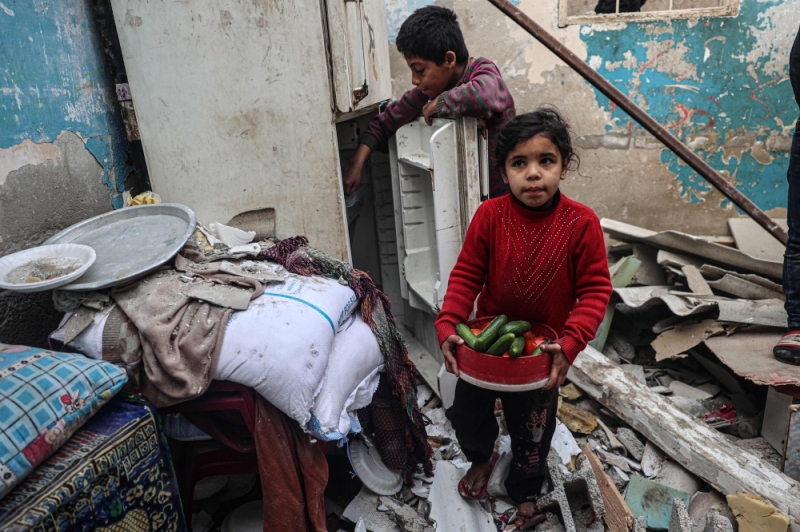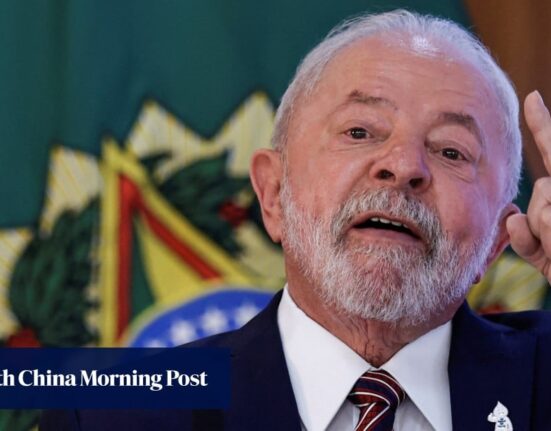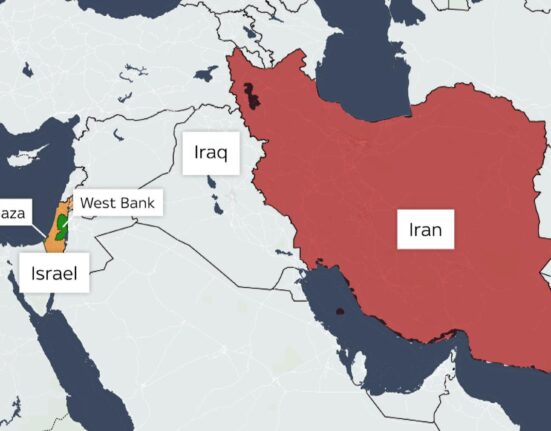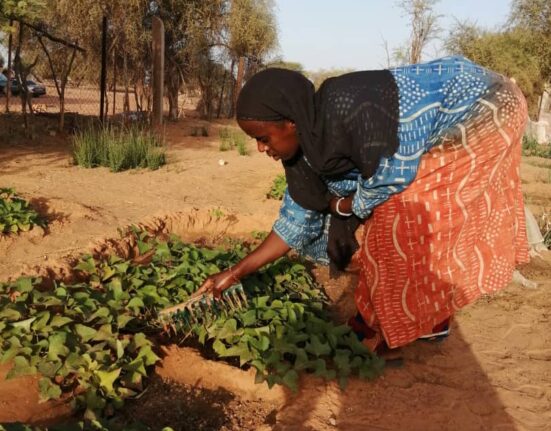The situation in South Sudan’s conflict-ridden Upper Nile region has reached a critical point, with over 40,000 people facing severe hunger. The World Food Programme (WFP) has sounded the alarm, emphasizing the desperate need for immediate intervention. In a significant effort to address this pressing issue, the WFP has initiated food airdrops in the region, marking its first humanitarian delivery there in four months.
“Livelihoods have been destroyed, people have been displaced, and now people are at a real risk of famine because of the conflict,”
highlighted Mary-Ellen McGroarty, WFP’s South Sudan Country Director. The impact of ongoing hostilities on the local population cannot be overstated. McGroarty further underscored that approximately 32,000 individuals are currently grappling with
“catastrophic levels of hunger,”
while over one million residents in Upper Nile are experiencing “acute hunger.
”
In light of these alarming statistics, McGroarty emphasized the vital role of the WFP airdrops in preventing an impending famine. She stated that these efforts are “
crucial and critical to bring people back from the brink of famine.” The agency’s swift action is aimed at providing essential sustenance to those most vulnerable in the region.
However, challenges persist as continuous conflict hampers humanitarian operations on the ground. The volatile situation has made it difficult to reach thousands of displaced individuals who are in urgent need of assistance. The clashes between government forces and opposing militias have created additional obstacles for delivering aid effectively.
The backdrop of political turmoil adds another layer of complexity to the crisis unfolding in Upper Nile. The ongoing fighting between government troops and armed factions at odds with President Salva Kiir’s administration has exacerbated an already dire humanitarian situation. United Nations warnings about South Sudan teetering on the edge of civil war serve as a stark reminder of the precarious conditions facing the country.
As international organizations intensify their efforts to alleviate suffering in South Sudan, collaboration among various stakeholders becomes increasingly crucial. The WFP’s interventions stand as a beacon of hope amidst adversity but also highlight broader systemic issues that demand attention and resolution.









Leave feedback about this